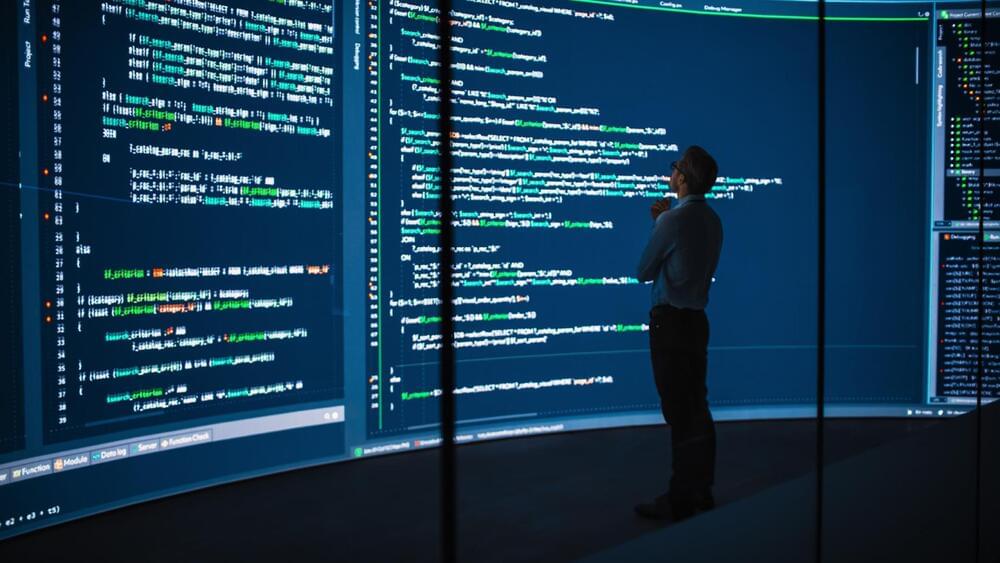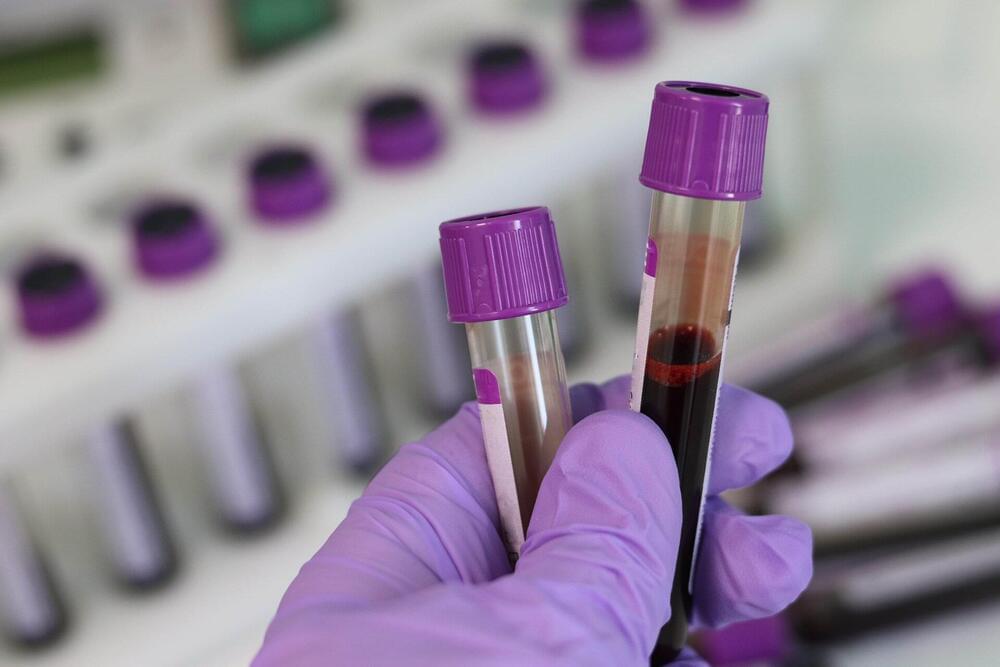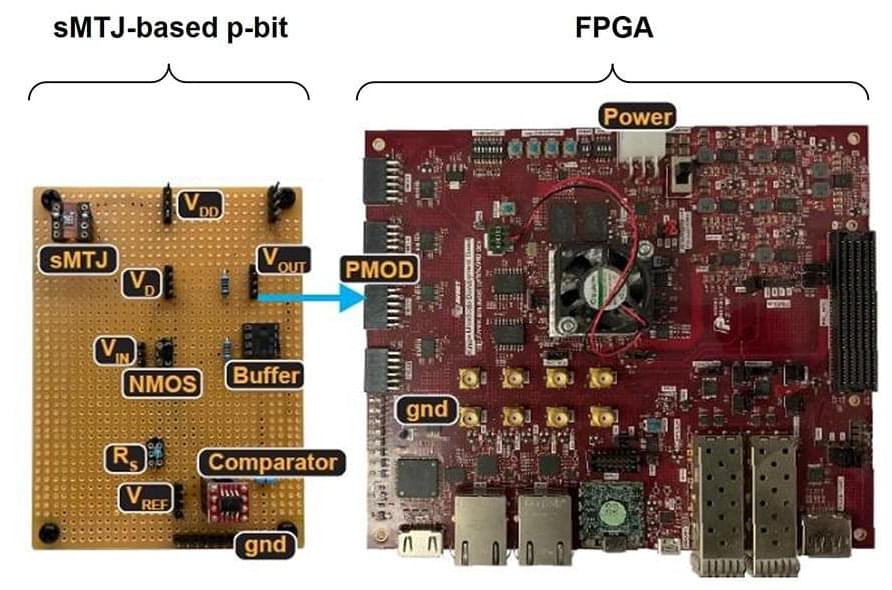Discusses the possibility of Femtotech and the technological possibilities it may unlock. Not long ago nanotechnology was a fringe topic; now it’s a flourishing engineering field, and fairly mainstream. For example, while writing this article, I happened to receive an email advertisement for the “Second World Conference on Nanomedicine and Drug Delivery,” in Kerala, India. It wasn’t so long ago that nanomedicine seemed merely a flicker in the eyes of Robert Freitas and a few other visionaries!
But nano is not as small as the world goes. A nanometer is 10–9 meters – the scale of atoms and molecules. A water molecule is a bit less than one nanometer long, and a germ is around a thousand nanometers across. On the other hand, a proton has a diameter of a couple femtometers – where a femtometer, at 10–15 meters, makes a nanometer seem positively gargantuan. Now that the viability of nanotech is widely accepted (in spite of some ongoing heated debates about the details), it’s time to ask: what about femtotech? Picotech or other technologies at the scales between nano and femto seem relatively uninteresting, because we don’t know any basic constituents of matter that exist at those scales. But femtotech, based on engineering structures from subatomic particles, makes perfect conceptual sense, though it’s certainly difficult given current technology.
The nanotech field was arguably launched by Richard Feynman’s 1959 talk “There’s Plenty of Room at the Bottom.” As Feynman wrote there.
“It is a staggeringly small world that is below. In the year 2000, when they look back at this age, they will wonder why it was not until the year 1960 that anybody began seriously to move in this direction.
Why cannot we write the entire 24 volumes of the Encyclopedia Brittanica on the head of a pin? ”
Bio: Hugo de Garis (born 1947, Sydney, Australia) is a researcher in the sub-field of artificial intelligence (AI) known as evolvable hardware. He became known in the 1990s for his research on the use of genetic algorithms to evolve neural networks using three dimensional cellular automata inside field programmable gate arrays. He claimed that this approach would enable the creation of what he terms “artificial brains” which would quickly surpass human levels of intelligence.




